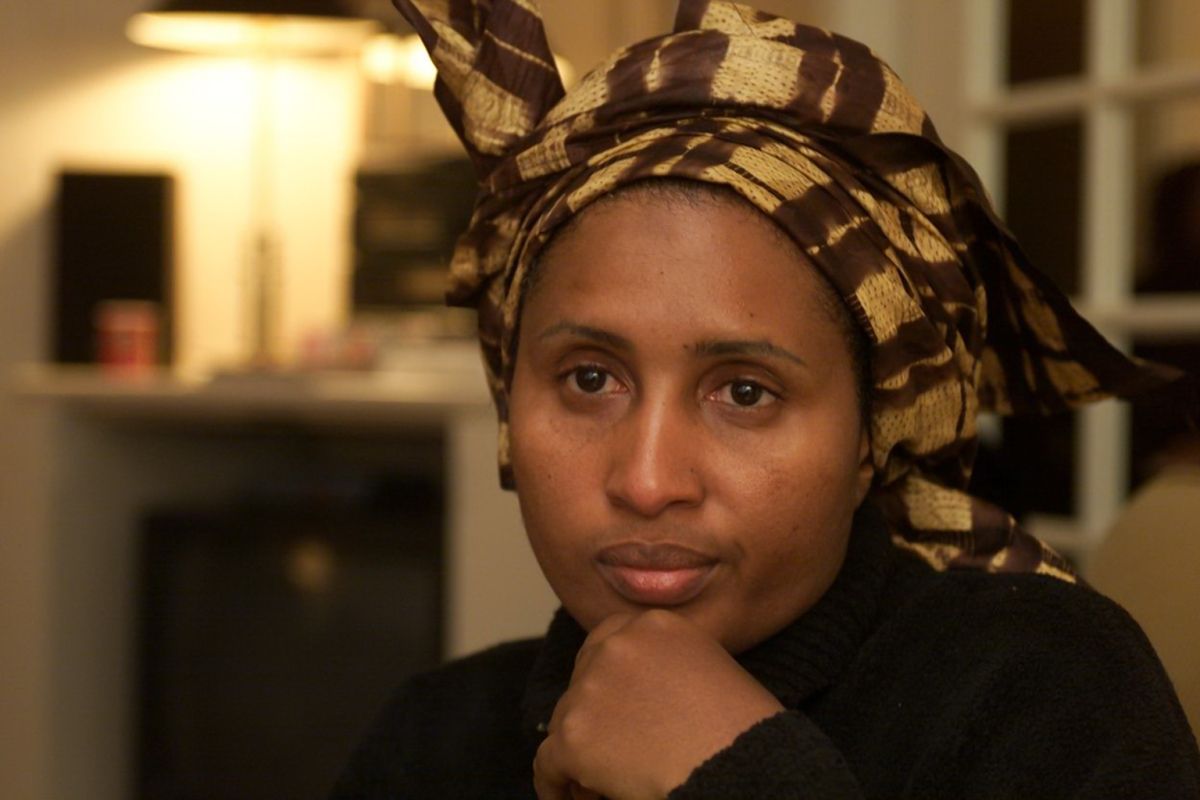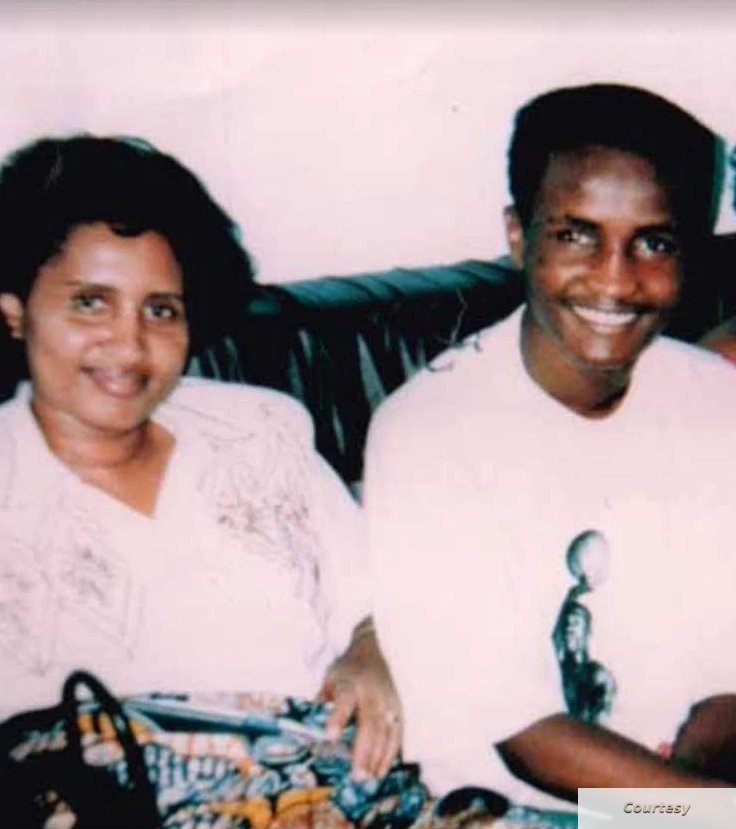My first experience with xenophobia in South Africa:
I was pulled aside by an "official" upon arriving at the Cape Town airport from Nigeria. 2016. I had come as a finalist for the CNN African Journalist Award.
Thread
1
#XenophobiaInSouthAfrica
#SayNoToXenophobia
I was pulled aside by an "official" upon arriving at the Cape Town airport from Nigeria. 2016. I had come as a finalist for the CNN African Journalist Award.
Thread
1
#XenophobiaInSouthAfrica
#SayNoToXenophobia
My first experience with xenophobia in South Africa:
The man who pulled me aside at the airport was hostile. He demanded that I follow him to a room. The man was not wearing any type of official uniform, therefore I hesitated to follow him anywhere.
2
#SayNoToXenophobia
The man who pulled me aside at the airport was hostile. He demanded that I follow him to a room. The man was not wearing any type of official uniform, therefore I hesitated to follow him anywhere.
2
#SayNoToXenophobia
My first experience with #XenophobiaInSouthAfrica:
I tried to go to baggage claim. The man blocked my path, standing in front of me. He did not allow me to move. Me being a Nigerian female traveling alone to South Africa aroused his suspicion.
3
I tried to go to baggage claim. The man blocked my path, standing in front of me. He did not allow me to move. Me being a Nigerian female traveling alone to South Africa aroused his suspicion.
3
My first experience with #XenophobiaInSouthAfrica:
The man was rough, shouting at me. I'm very soft-spoken. I was extremely uncomfortable. People were looking at me as if I was a criminal. No one came to help me. I felt trapped. I wanted to cry.
4
The man was rough, shouting at me. I'm very soft-spoken. I was extremely uncomfortable. People were looking at me as if I was a criminal. No one came to help me. I felt trapped. I wanted to cry.
4
My first experience with #XenophobiaInSouthAfrica:
He asked for my profession. I told him, journalist.He smirked and rolled his eyes.
He asked where? I told him, I work with Aljazeera. He said, " I've never heard if Al Jazeera." He told me to follow him to a room. I refused.
5
He asked for my profession. I told him, journalist.He smirked and rolled his eyes.
He asked where? I told him, I work with Aljazeera. He said, " I've never heard if Al Jazeera." He told me to follow him to a room. I refused.
5
My first experience with #XenophobiaInSouthAfrica:
In that moment, I understood what so many Africans living in South Africa must have felt: xenophobic hostility. I told the man I was in town for the CNN African Journalist Award. He rolled his eyes again. He blocked my path.
6
In that moment, I understood what so many Africans living in South Africa must have felt: xenophobic hostility. I told the man I was in town for the CNN African Journalist Award. He rolled his eyes again. He blocked my path.
6
My first experience with #XenophobiaInSouthAfrica:
Finally, a woman came. I saw she was wearing an airport staff uniform. I told her what was going on and she came to my rescue, scolding the man right there. He was furious. I left and realized my hands were shaking.
End.
Finally, a woman came. I saw she was wearing an airport staff uniform. I told her what was going on and she came to my rescue, scolding the man right there. He was furious. I left and realized my hands were shaking.
End.
My second experience with #XenophobiaInSouthAfrica:
In the taxi, the driver didn't know I was Nigerian. He heard my American accent. He said it's a good thing I'm not Nigerian. Why, I asked.
"Because if you were Nigerian I would have robbed you."
The way my heart leaped...
In the taxi, the driver didn't know I was Nigerian. He heard my American accent. He said it's a good thing I'm not Nigerian. Why, I asked.
"Because if you were Nigerian I would have robbed you."
The way my heart leaped...
Correction and clarification: The CNN MultiChoice African Journalist Award ceremony had taken place Oct. 15, 2016 in Johannesburg. I came as a finalist and ended up winning an award there, left SA then four days later...
...returned from Nigeria to attend a data and civic journalism event in Cape Town organized by Code For Africa. When asked by the "airport official" if I had recently been to SA, I told him I had come as a finalist for the award (four days earlier).
• • •
Missing some Tweet in this thread? You can try to
force a refresh










